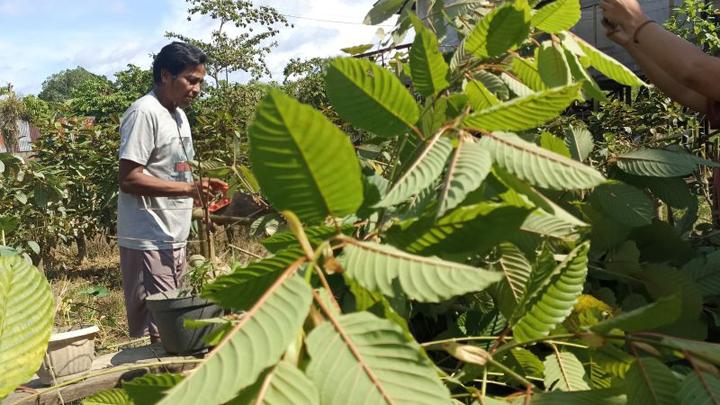The Indonesian government has officially established regulations governing the handling, utilization, and trade of kratom plants as outlined in Minister of Trade Regulation (Permendag) Number 20 of 2024, which amends Permendag Number 22 of 2023 concerning Prohibited Export Goods and Permendag Number 21 of 2024.
Director General of Foreign Trade Isy Karim stated that the purpose of regulating kratom commodity exports is to enhance the added value and global acceptance of Indonesian export products.
Kratom export trade will be subject to standard export provisions, including requirements for freedom from microbiological contamination, heavy metals, and other leaf mixtures.
“The amendment to the Trade Minister’s Regulation on kratom export trade is a direct response to the outcomes of an internal meeting led by President Jokowi. During the meeting, it was decided that kratom exports must adhere to predetermined standards to increase added value and ensure legal certainty,” Isy explained in a statement in Jakarta on Monday, September 9, 2024
Furthermore, Isy clarified that the regulation of kratom trade primarily focuses on exports and does not pertain to domestic use. This regulation aims to prevent the misuse of kratom.
“I hope that business entities will diligently implement this Minister of Trade Regulation to contribute to the growth of the Indonesian economy,” he added.
The Trade Ministerial Regulation No. 20 of 2024 specifies the types and quantities of kratom commodities that are prohibited from export. Importantly, this regulation does not apply to exports that have already obtained an export customs notification number and date.
Meanwhile, the Trade Ministerial Regulation No. 21 of 2024 outlines the types and quantities of kratom commodities that are permitted for export.
Additionally, the regulations stipulate that businesses engaged in kratom exports must meet specific requirements, including being a Registered Exporter (ET), obtaining an Export Approval (PE), and having a Surveyor Report (LS). This regulation also details the requirements for exporters and the permitted types, forms, and quantities of kratom for export.
The regulations stipulate that businesses engaged in kratom exports must meet specific requirements, including being a Registered Exporter (ET), obtaining an Export Approval (PE), and having a Surveyor Report (LS). This regulation also details the requirements for exporters and the permitted types, forms, and quantities of kratom for export.

